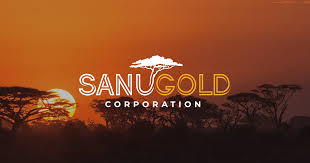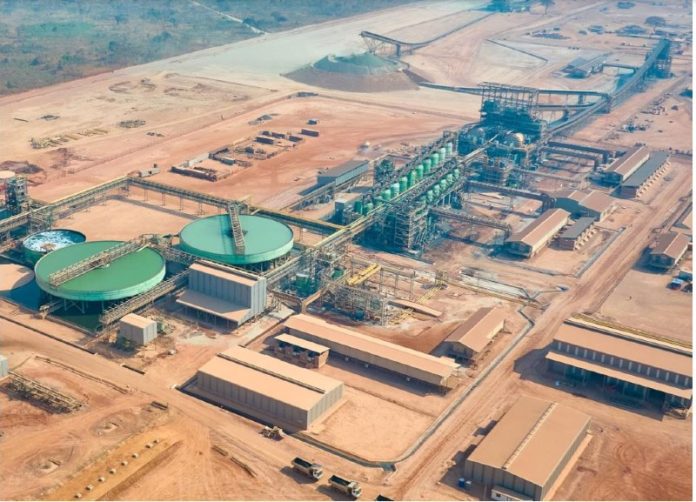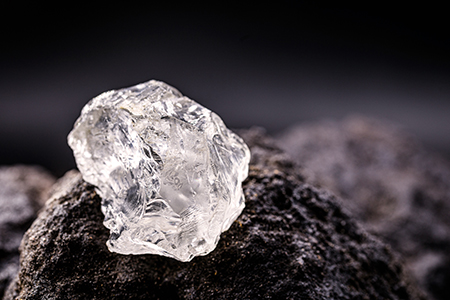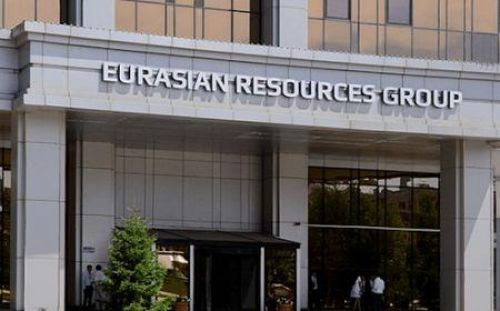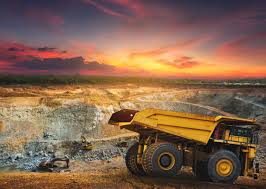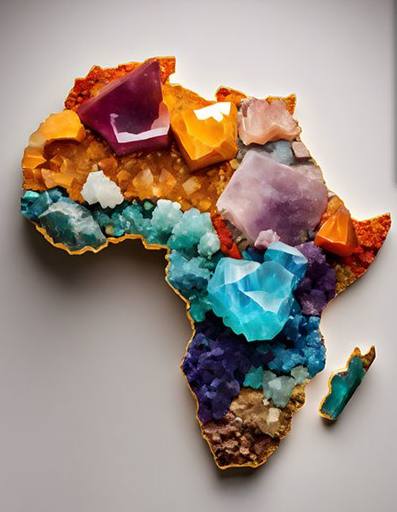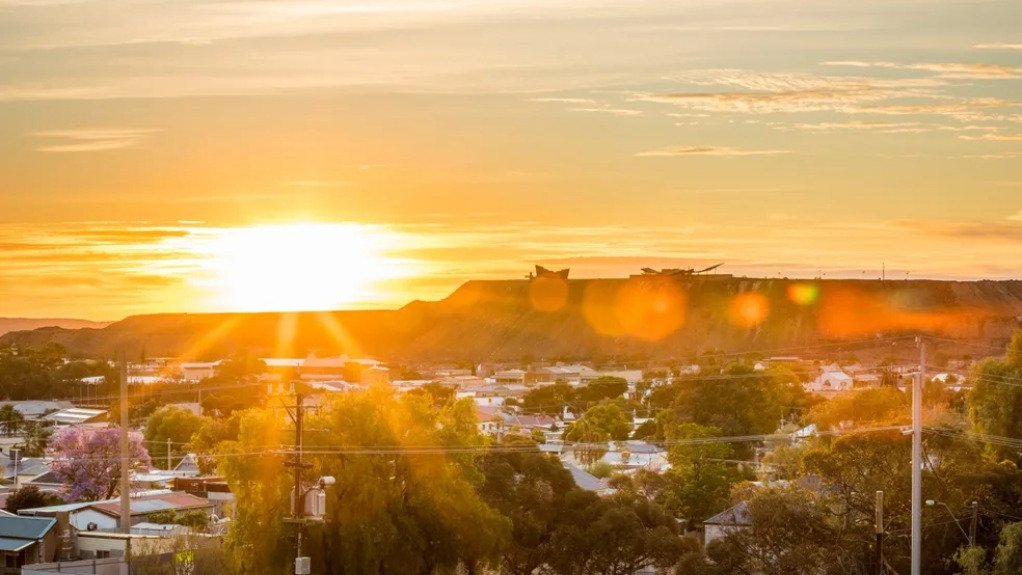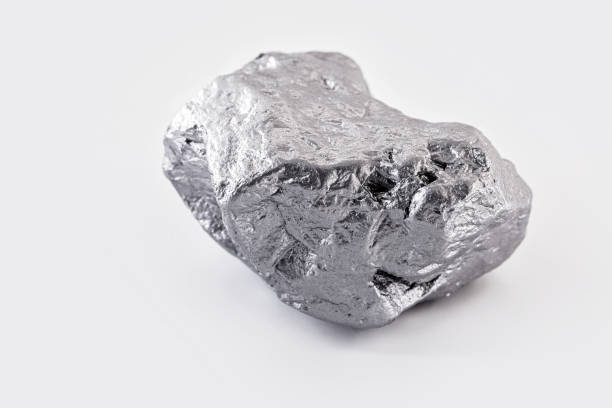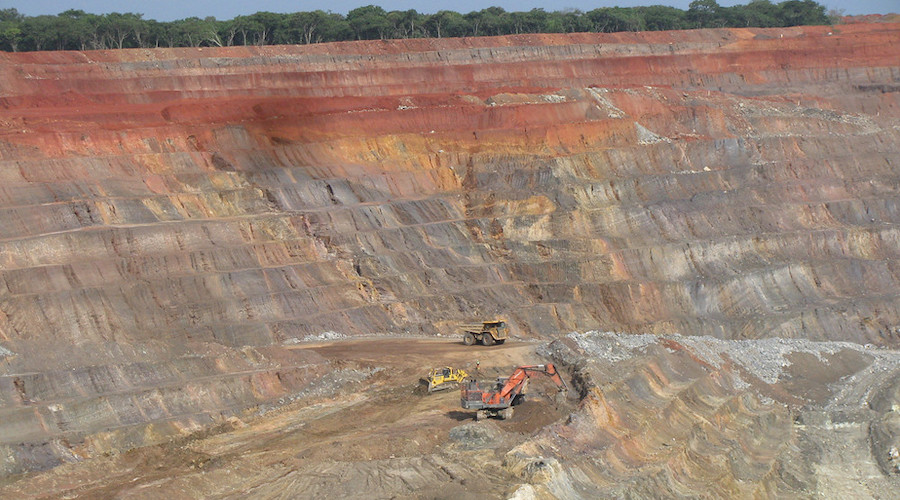Base Metals

Nigeria’s mining sector policy reforms could unlock a US$700 billion industry
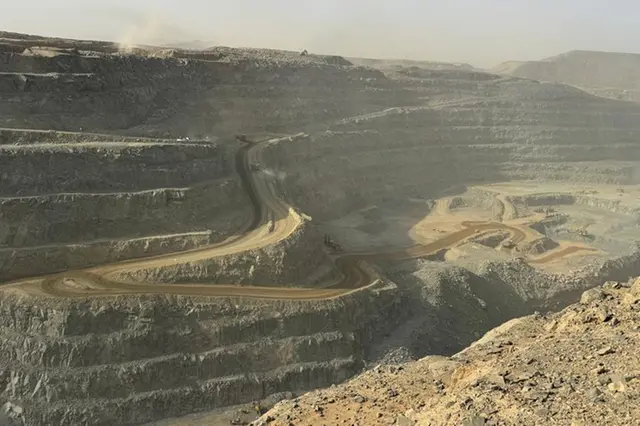
Government-led reforms in Nigeria’s mining sector are reshaping the industry, attracting rapid investments as the country accelerates economic diversification beyond oil and gas.
According to Alex Abiodun, a geophysicist at Ibadan Explorers, a Nigerian mining company, “The past two years have been encouraging for many, especially those interested in the extractive sector.”
“Even when we discuss among peers, the level of confidence that industry players have in the industry is encouraging. If this momentum can be sustained, there is no doubt the mining sector will be a big part of Nigeria’s revenue generators… but more needs to be done,” he shared in an online call.
Nigeria hosts a wide range of mineral reserves, ranging from precious metals like gold to critical minerals vital for the global energy transition.
The Nigerian Extractive Industries Transparency Initiative (NEITI) reports that the country has over 40 types of solid minerals and precious metals, estimating the sector’s value at more than US$700 billion.
Yet, despite this abundance, the mining sector contributed just 0.77% to Nigeria’s GDP in 2023, according to the National Bureau of Statistics. This figure includes contributions from coal mining, metal ores, quarrying, and other mineral extraction activities.
Ongoing reforms — ranging from investor incentives to policies promoting local mineral processing — aim to attract foreign investment, streamline operations, and boost the sector’s GDP contribution.
The Nigerian Geological Survey Agency launched the Mineral Resources Decision Support System in May 2024 to facilitate investor access to geological and policy data.
According to the Minister of Solid Minerals Development, Dr Dele Alake, the portal will “expand access for prospective investors to critical information on Nigeria’s mineral deposits, policies guiding the mining sector, and incentives for investment from anywhere in the world.”
“Anywhere you are in the world, with a click of a button, you can access all the information you require to make informed investment decisions about the mining sector,” he emphasized during the launch of the portal last year.
Since 2023, significant structural changes have taken shape. In August 2023, Nigeria restructured the Ministry of Mines and Steel Development, splitting it into two entities: the Ministry of Solid Minerals Development, focused on upstream activities and investment facilitation, and the Ministry of Steel Development, dedicated to advancing steel and metallic resources for industrial growth.
Steel is a major potential resource in the country. According to Energy Capital & Power, the Itakpe mine in Kogi State is home to one of the largest iron ore reserves in Nigeria and globally, estimated to hold between 2 and 3 billion tons of iron ore, grading at 32-36% iron metal.
According to Abiodun, “the creation of a dedicated ministry for mining was a much-needed step at the time.”
“Mining should be treated as a standalone industry with its own challenges. The federal government’s decision to allocate resources to establish a separate ministry signaled its readiness to handle the sector differently,” he explained.
Further legislative efforts are underway. The Nigerian Minerals & Mining Bill, still under public review, could become the industry’s primary legal framework if passed.
Key provisions include expanded investor incentives, stronger local content requirements, enhanced transparency, and modernized regulatory oversight to align Nigeria’s mining industry with global best practices.
These reforms appear to be yielding results, particularly in attracting investors to green minerals like lithium.
Canadian mining firm Thor Explorers is spearheading expansive lithium projects across a 600km² area spanning West Oyo, Kwara, and Ekiti states, home to what the company identifies as Nigeria’s most significant lithium pegmatite deposit.
Thor also operates the Segilola Gold Mine, Nigeria’s first large-scale commercial gold producer, which generated over 85,000 ounces of gold in 2024.
“The mining and processing operations have run smoothly following successful implementation of new blasting strategies and improved mine planning processes,” said Thor Explorations President and CEO Segun Lawson in the company’s 2024 end-year statement.
Other global mining companies have also shown interest in investing in the country’s mining sector. For example, in April 2024, Glencore, one of the world’s largest global diversified natural resource companies and a major producer and marketer of more than 60 commodities, expressed intent to explore investment opportunities in Nigeria.



